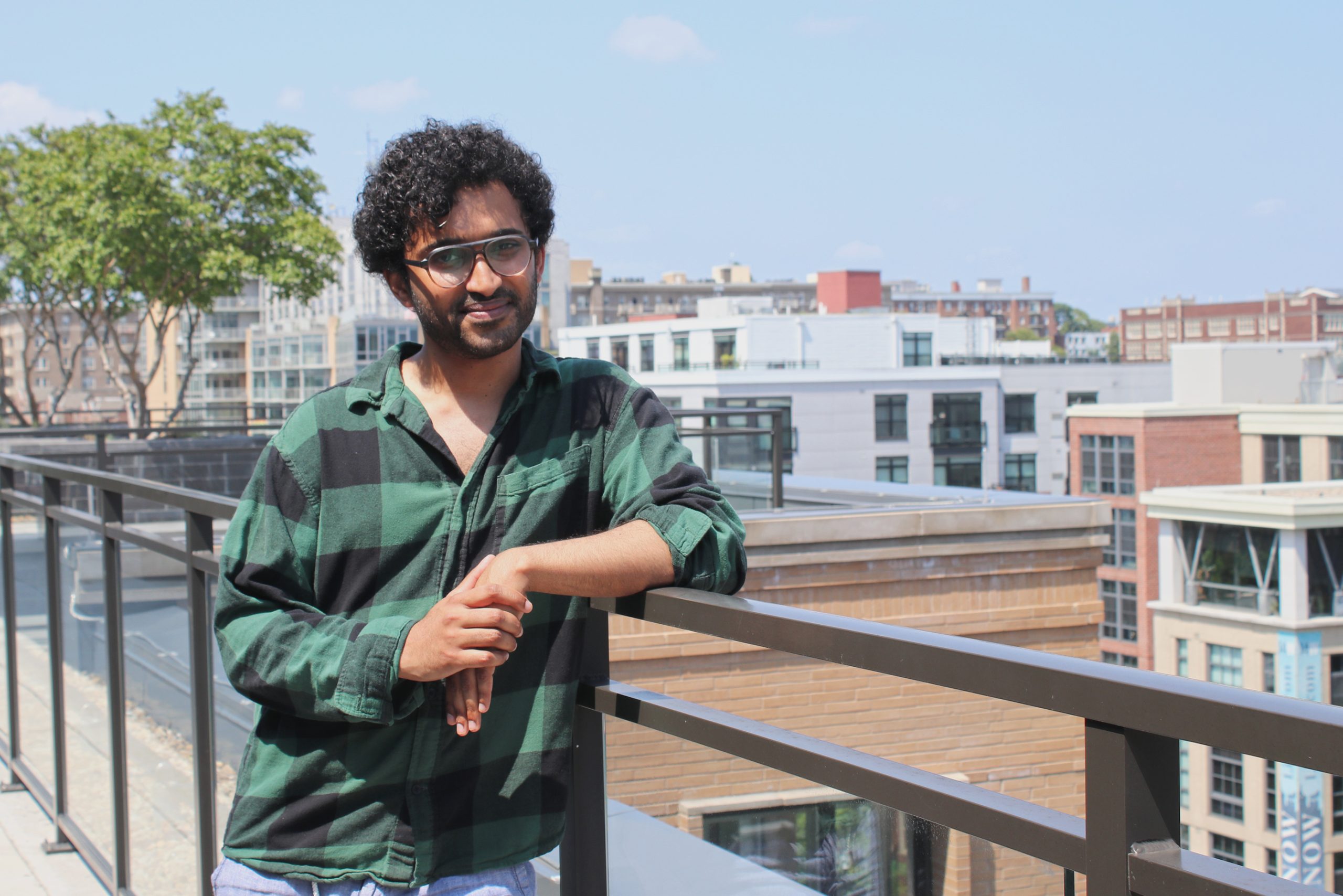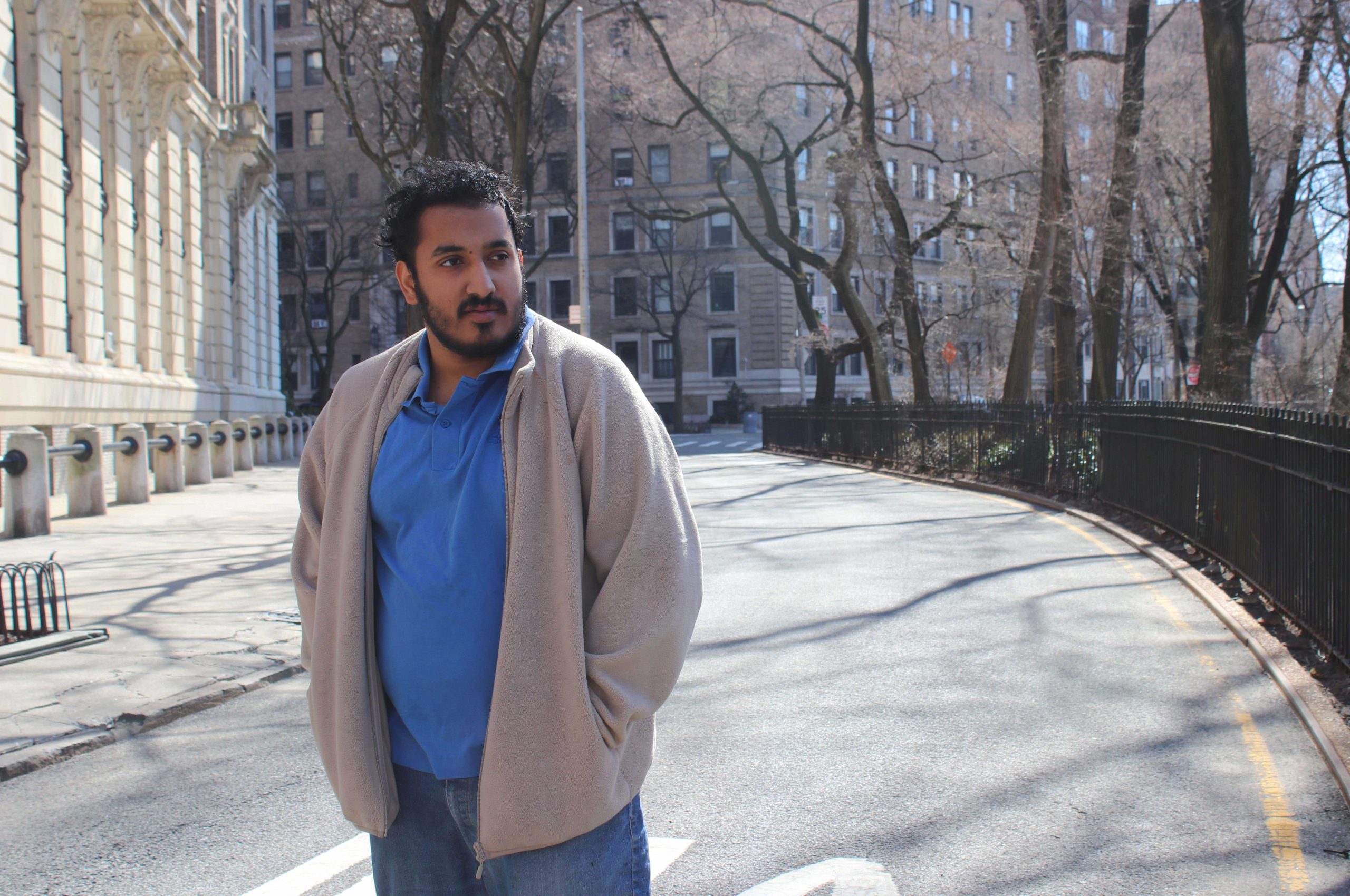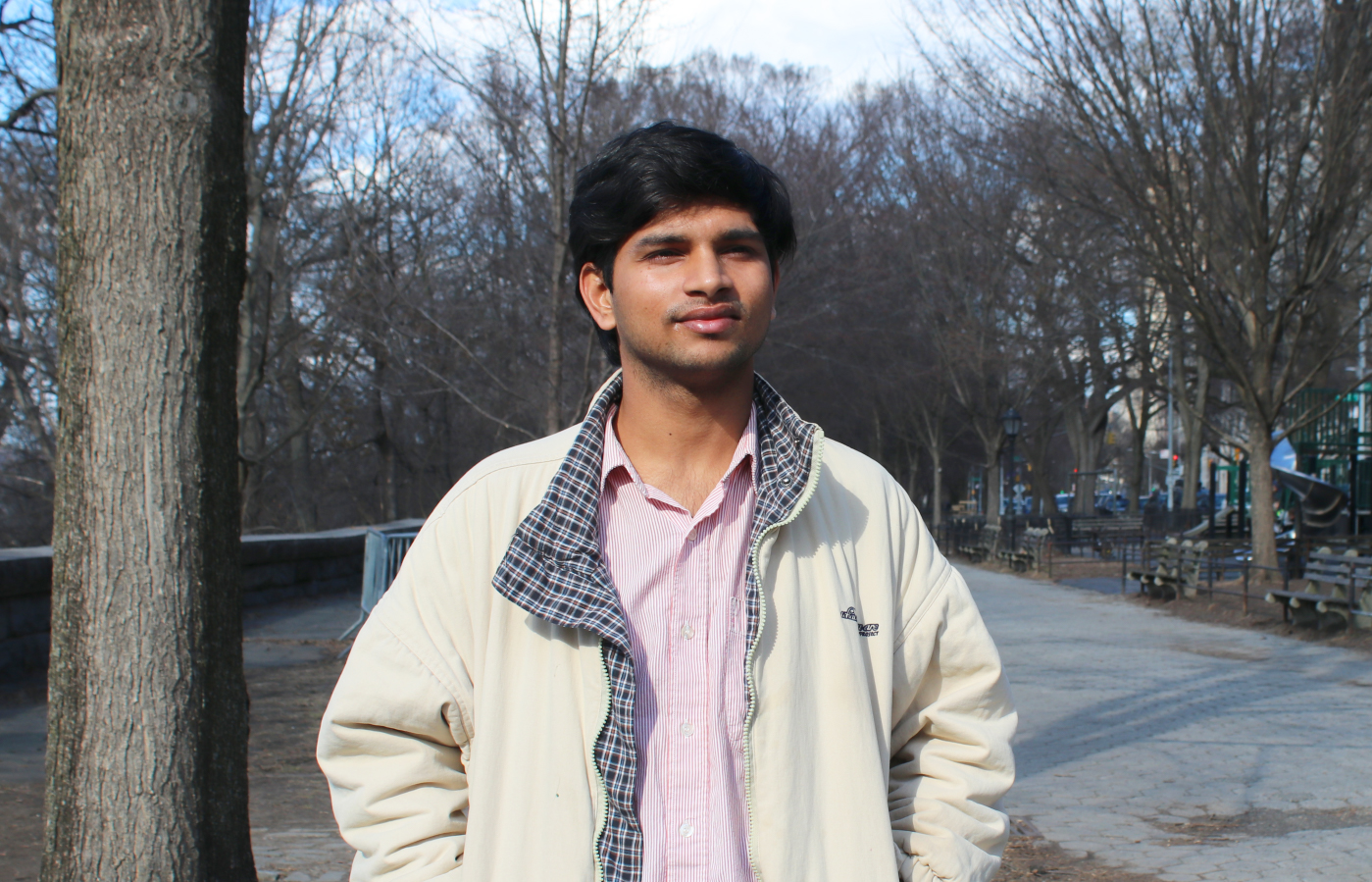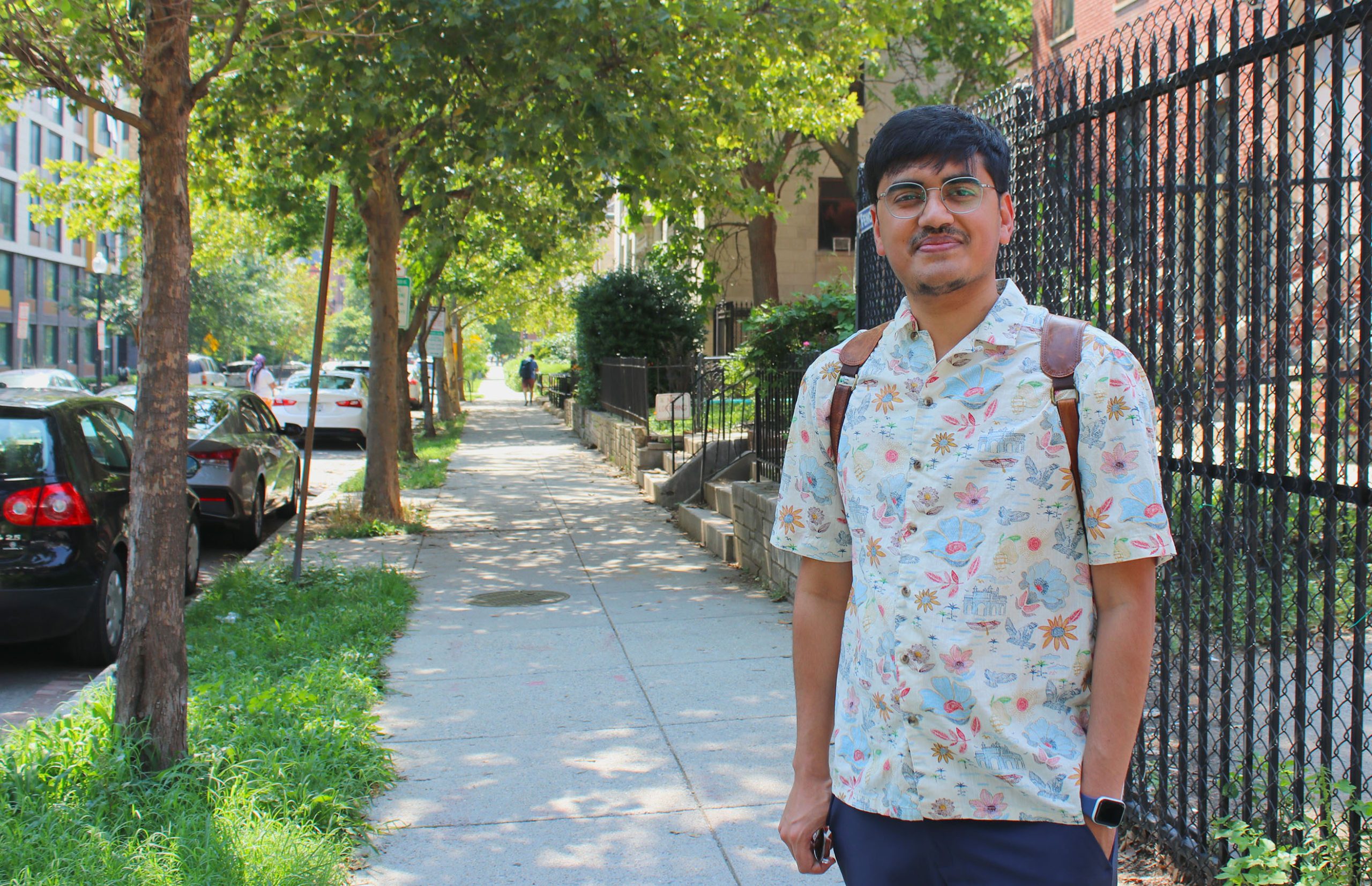I was born in Kerala but spent my childhood and young adulthood moving across some of India’s most vibrant and diverse cities which included Bhubaneswar, Bangalore, Calcutta, Chennai, and Delhi. Each city added a new layer to my understanding of India’s cultural and religious tapestry. My upbringing was in a middle-class, education-focused household that valued curiosity, kindness, and respect for all faiths.
In Bhubaneswar, my school had classmates from all over the country, and festivals were community events like Durga Puja, Eid, Christmas, Onam which were all celebrated together. Moving later to Bangalore, Calcutta, Chennai, and Delhi deepened this experience. I learned that community wasn’t defined by religious or linguistic identity, but by the everyday acts of care, trust, and solidarity that people shared.
My parents encouraged friendships with people from all backgrounds, and religion was never a barrier in our home. We visited neighbors during Eid, exchanged sweets during Christmas, and hosted friends during Onam. My parents often reminded me that kindness, not creed, was the measure of a person.
My best friend in school was Muslim, and our friendship lasted well into adulthood. We spent countless afternoons studying together, sharing meals, and talking about everything from cricket to politics. Through him, I learned about Ramadan firsthand, its discipline, generosity, and sense of community. That friendship taught me to listen without judgment and to appreciate the deeper meaning behind traditions not my own.
In Bhubaneswar, my mathematics teacher, Mrs. Khan, had an extraordinary ability to make every student feel seen and capable. She encouraged me not just to focus on academic performance but to think about how I applied knowledge to real-world problems. Her patience and fairness left a lasting imprint on how I approach mentorship and teamwork today.
One moment of interfaith solidarity I will never forget was during college. After a communal incident in another part of India and growing concerns of violence, a group of us from different faiths came together to organize an impromptu Iftar during Ramadan, inviting everyone regardless of religion. People brought food, music, and stories, and for a few hours we were simply friends breaking bread together, reclaiming our space from fear and division.
What troubles me most is the growing normalization of religious polarization, both in India and among diaspora communities. The everyday ease with which suspicion or prejudice can creep into conversations and policies worries me deeply. I want to see a conscious rebuilding of trust and hope through platforms that support dialogue, shared projects, and public celebrations that bring communities together.
Division is often manufactured and sustained by those who benefit from keeping us apart. Our shared humanity, daily struggles, and dreams are far greater than the labels imposed on us. Seek out one real conversation across the divide, and we will find more in common than you ever imagined.
I envision an India where no child has to choose between safety and honesty about their faith. A place where religious identity is celebrated rather than weaponized, where neighborhoods still come together for each other’s festivals, and where kindness is second nature. I envision diaspora communities that carry forward India’s pluralism and not its divisions thus becoming living examples of coexistence in the countries they now call home.




